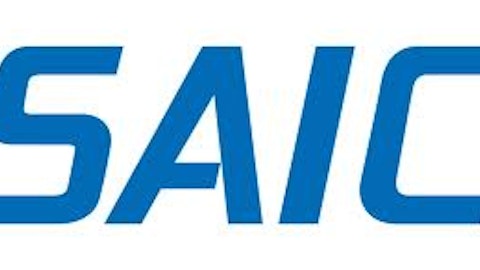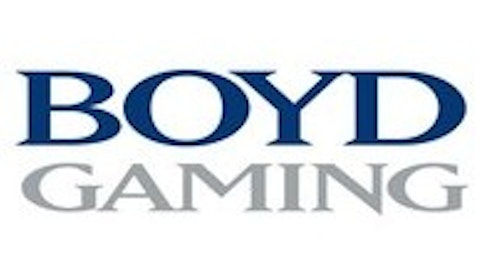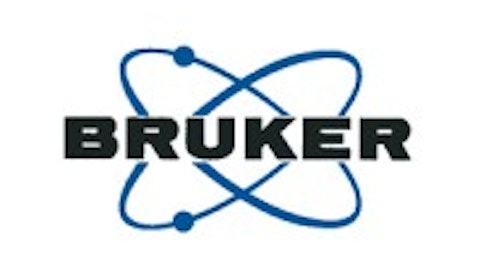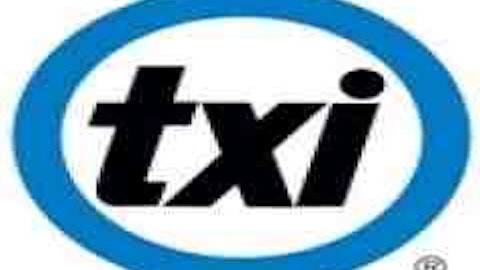Billionaire David Einhorn’s dream came true- partially. In his 2012 end of the year letter, the head of Greenlight Capital had identified a potential value opportunity in Vodafone Group Plc (ADR) (NASDAQ:VOD)’s stake in Verizon Wireless. The stock was cheap enough that he believed that the market was undervaluing its asset, and making it likely that Verizon Communications Inc. (NYSE:VZ) might acquire that minority stake or indeed all of Vodafone Group Plc (ADR) (NASDAQ:VOD) itself (and then spin out any assets it did not want).
Einhorn had been recommending Vodafone Group Plc (ADR) (NASDAQ:VOD) as early as 2010, and according to our database of quarterly 13F filings his fund owned 1.4 million shares of the stock at the end of Q2 (find Einhorn’s favorite stocks). We track 13Fs as part of our work researching investment strategies, including our finding that the most popular small cap stocks among hedge funds outperform the S&P 500 by 18 percentage points per year on average (learn more about our small cap strategy), and also to track major investors’ positions in individual stocks over time. Other major investors in Vodafone Group Plc (ADR) (NASDAQ:VOD) at the end of Q2 included Fisher Asset Management, managed by billionaire Ken Fisher ((see Fisher’s stock picks) and billionaire David Shaw’s large hedge fund D.E. Shaw (check out more stocks D.E. Shaw owns).
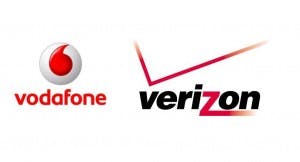
From a certain perspective, this creates a significant value opportunity in Vodafone stock at the current price. There is a very high chance of this deal closing, as it is merely the sale of a minority stake rather than a merger which might trigger concerns about anti-competitiveness. While Vodafone will retain a good deal of the cash portion of the transaction price, its shareholders will receive a combination of cash and stock worth $84 billion. This leaves the market cap of the slimmer, trimmer Vodafone at about $70 billion (before accounting for taxes related to the transaction, estimated at about $5 billion) with half of that in cold, hard cash.
While Verizon Communications Inc. (NYSE:VZ) is the gem asset in Vodafone Group Plc (ADR) (NASDAQ:VOD)’s portfolio, it also operates communication networks worldwide. Pro forma numbers for the free cash flows of the remaining company are at about $7.4 billion, and pro forma debt would be about $20 billion, which is about even with the cash currently on the balance sheet. Therefore, pro forma enterprise value- depending on how management uses the cash it receives- would be only 5-6x trailing free cash flows. While FCF is not equivalent to EBITDA, it is notable that AT&T Inc. (NYSE:T), to give an example, features a considerably higher EV/EBITDA multiple than this.
There’s also Vodafone’s potential as a dividend stock to consider. We’ve estimated its market capitalization at about $70 billion post close. While the company will cut its dividend once it no longer has access to Verizon Wireless’s cash flow, management has suggested that annual payments would remain over $1 per share. The stock’s current price is $32, with over $16 in cash and stock inbound as a result of the deal; therefore, a 6% annual yield even at the reduced dividend seems quite reasonable. In addition, as a telecom stock Vodafone would be less exposed to market conditions than the average company (its current beta is 0.7).
So why is the market not more excited about the Vodafone deal? The reason likely lies in the distrust of company management, and particularly in concerns that they are getting so much cash to play with. Vodafone is known as a not very well run company- note that, as we’ve said, the vast majority of its market cap is accounted for by a minority stake in Verizon Communications Inc. (NYSE:VZ) rather than the assets it manages itself. Investors may worry that Vodafone will invest this cash poorly rather than returning it to shareholders- after all, if that was what management intended then they would simply have made the cash to shareholders a larger portion of the Verizon Communications Inc. (NYSE:VZ) deal- and therefore destroy shareholder value. $30 billion is just under the $35 billion enterprise value of T MOBILE US INC (NYSE:TMUS), for example, and Vodafone could easily make that company an acquisition target with some additional debt. On the other hand, given how cheap the smaller Vodafone will be in terms of cash flow it’s possible that it would be acquired outright by another telecom.
As a result we are a bit wary of endorsing Vodafone Group Plc (ADR) (NASDAQ:VOD) as a clear value stock at this time- we’d likely want to know more about how management will deploy its cash in order to buy it on the basis of a cheap cash flow multiple. Still, it is certainly a prospect as more information on that point unfolds. Income investors, however, should continue to be interested even with the company cutting its dividend, as our take is that Vodafone will come out of the sale paying a fairly high yield even for a telecom stock.
Disclosure: I own no shares of any stocks mentioned in this article.

